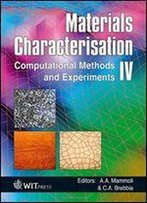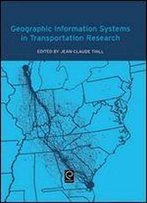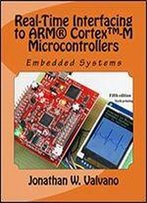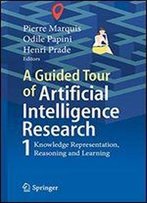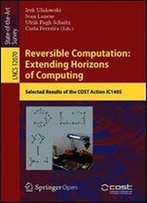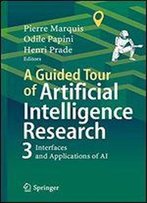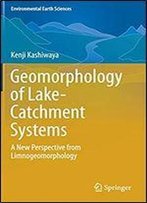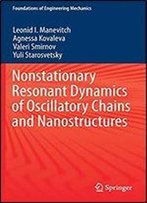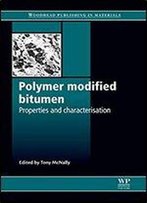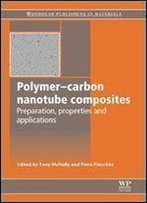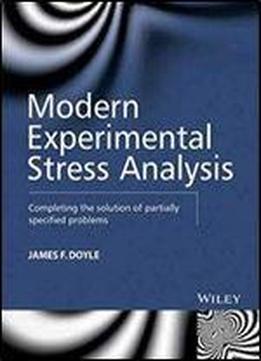
Modern Experimental Stress Analysis: Completing The Solution Of Partially Specified Problems
by James F. Doyle /
2018 / English / PDF
9.1 MB Download
All structures suffer from stresses and strains caused by factorssuch as wind loading and vibrations. Stress analysis andmeasurement is an integral part of the design and management ofstructures, and is used in a wide range of engineering areas.
There are two main types of stress analyses the first isconceptual where the structure does not yet exist and the analysthas more freedom to define geometry, materials, loads etc generally such analysis is undertaken using numerical methods suchas the finite element method. The second is where thestructure (or a prototype) exists, and so some parameters areknown. Others though, such as wind loading or environmentalconditions will not be completely known and yet may profoundlyaffect the structure. These problems are generally handled byan ad hoc combination of experimental and analytical methods.
This book therefore tackles one of the most common challengesfacing engineers how to solve a stress analysis problemwhen all of the required information is not available. Itscentral concern is to establish formal methods for includingmeasurements as part of the complete analysis of such problems bypresenting a new approach to the processing of experimental dataand thus to experimentation itself. In addition, engineersusing finite element methods will be able to extend the range ofproblems they can solve (and thereby the range of applications theycan address) using the methods developed here.
Modern Experimental Stress Analysis:
- Presents a comprehensive and modern reformulation of theapproach to processing experimental data
- Offers a large collection of problems ranging from static todynamic, linear to non-linear
- Covers stress analysis with the finite element method
- Includes a wealth of documented experimental examples
- Provides new ideas for researchers in computationalmechanics
